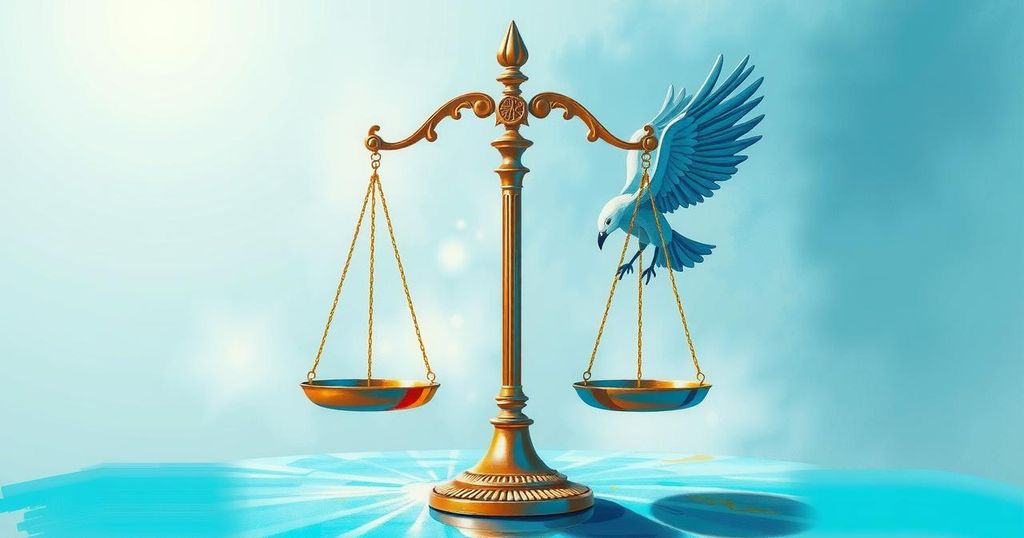China is hosting a women’s rights conference 30 years after the last one, reflecting on the 1995 UN gathering where global feminists united. Hibaaq Osman recalls the significance of that moment, emphasizing that women’s rights are inherently human rights. The role of American feminists was prominent, though some disagreements on issues remained. This conference raises questions about China’s moral high ground on these issues today.
Three decades after a pivotal conference on women’s rights in Beijing, China is preparing to host another significant gathering. At the 1995 United Nations Fourth World Conference on Women, Hibaaq Osman, founder and CEO of Karama, emphasized that “human rights are women’s rights and women’s rights are human rights, once and for all.”
Osman vividly recalls the event, where approximately 30,000 women from diverse cultures converged despite challenging weather conditions. They engaged in discussions about their personal and political struggles, highlighting common goals. During this period, the feminist movement in the United States was flourishing, with significant participation from American NGOs that greatly influenced the conference.
Former First Lady Hillary Clinton was celebrated as a charismatic advocate for women’s rights, promoting a strong feminist agenda. Although different perspectives emerged, notably on issues like reproductive rights, Osman viewed this gathering as an expansive global feminist initiative rather than merely a US-centered movement.
In summary, the upcoming conference in Beijing marks an important moment in the discourse on women’s rights. The recollections of leaders like Hibaaq Osman underline the historical significance of collective action among women from various backgrounds. This juxtaposition of past and present raises questions about the moral positioning of nations like China in the global context of women’s rights, especially as discussions of disparities in the United States surface.
Original Source: www.scmp.com




